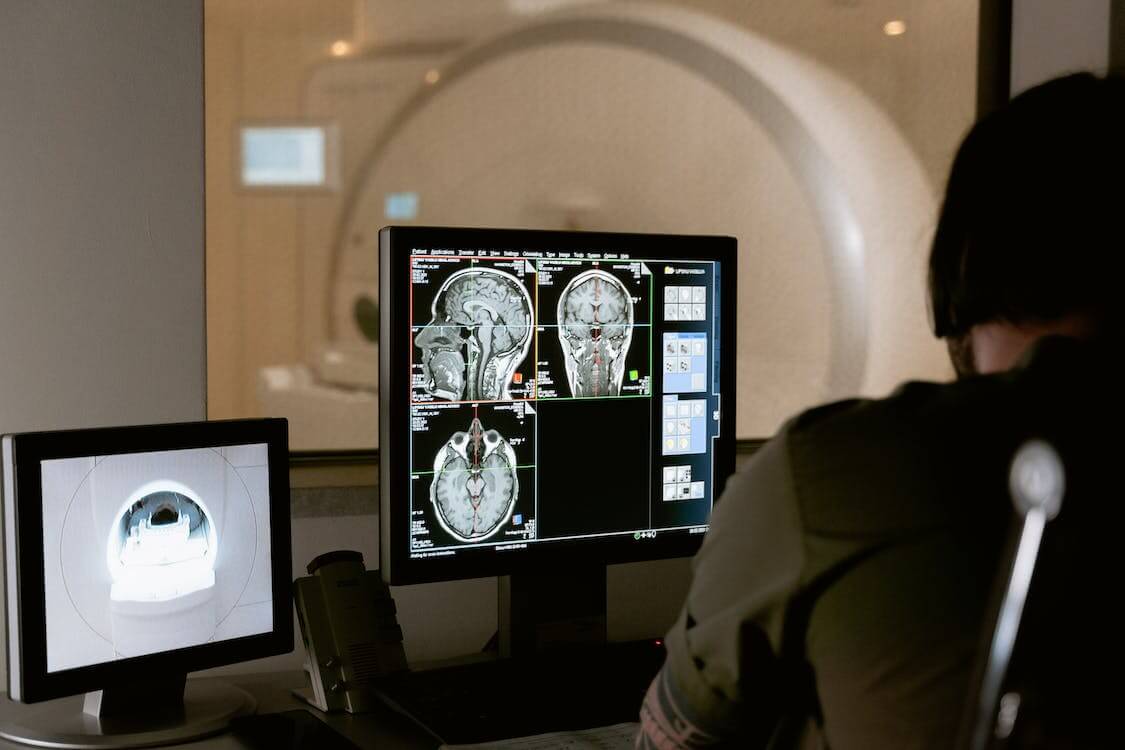Despite being a very delicate subject, openly talking about mental health can be an excellent opportunity for education. It can also be the start of ground-breaking research studies and cutting-edge innovations.
When we talk about Mental health, it includes various aspects of human behavior. From our emotions, actions, how we think and build relationships with others to our understanding of ourselves.
That’s why we need to gain an understanding of the intricate mechanisms of our brains. This will lead to education and the finding of subsequent scientifically-backed solutions for various mental health concerns.
Psychiatry Research and Innovations
Psychiatry has seen a notable surge in innovation and research over the past years. This helps in removing the surrounding stigma about mental health.
The new year allows an expansion of mental health studies. It is leading to important discoveries that contribute to the development of mental healthcare.
It is also an opportunity to investigate novel strategies. This will help in discovering therapies that might support people in overcoming their symptoms and moving on.
In this blog, we’ll discuss some of the notable ongoing psychiatry research and innovations that are making a significant difference in mental healthcare.
Advances in Neuroscience
Neuroscience seeks to understand how our nervous system works by examining the development of our nervous system.
From producing and regulating emotion, thought, and behavior. To examine critical bodily functions, including breathing and keeping the heart beating.
The neurological connections and mechanisms behind mental health illnesses are being clarified by neuroscience research, which is paving the door for innovative interventions.
Here are some recent research studies about Neuroscience:
• Psychedelic and Consciousness Research
Recent studies have reignited the hope that psychedelics could be powerful medicines for mental disorders. Patients with conditions like MDD and PTSD can benefit from this therapy.
Psychedelic treatment with psilocybin was shown to have relieved major depressive disorder symptoms in adults for up to a month.
A report on the substantial antidepressant effects of psilocybin-assisted therapy has shown a significant change in patients.
• Adaptive Deep Brain Stimulation
DBS is a neurosurgical procedure that uses implanted electrodes and electrical stimulation. The research has successfully created a technique utilizing deep brain stimulation (DBS).
When successful, DBS interrupts the irregular signals that cause tremors and other movement symptoms. The treatment is for essential tremor, dystonia, Parkinson’s disease (PD), and other neurological illnesses that cause movement problems.
Digital Innovations
Technological advancements are enabling the discovery of novel forms of therapy that are transforming the field of recovery.
New and easily accessible therapies for mental health have also been made possible by the development of digital technology, irrespective of a person’s location.
Here are some notable digital innovations in psychiatry:
• Teletherapy
New and creative therapies have emerged as a result of the growth of digital technologies. Teletherapy is therapy or mental health counseling done remotely.
While teletherapy has been around for a while, it wasn’t until the COVID-19 outbreak that therapists began using it extensively to protect their patients.
• AI Advances
Research conducted by the University of Cambridge and Imperial College London has clinically validated and tested the AI on large CT scans.
It found that it could detect, segment, quantify, and differentiate different types of brain lesions. The AI could classify individual parts of each image and tell whether it was normal or not.
This could be useful for future studies in how head injuries progress, since the AI may be more consistent than a human at detecting subtle changes over time.
Precision Medicine
Precision medicine is increasingly recognized as a promising approach to improve disease treatment considering the individual clinical and biological characteristics shared by specific subgroups of patients.
Doctors select treatments by considering individual differences and taking into account individual differences in genes, lifestyles, and environments. It is a novel player in healthcare especially in many complex diseases.
Mindfulness-Based Therapies
Mindfulness-based therapies are new forms of therapy that supplement conventional conversation therapy.
The objective of mindfulness-based therapy is to refocus the patient’s attention from the chronic weariness in a particular direction—that is, toward their purpose in the present.
It was found that this form of therapy is effective for individuals with anxiety disorders and depression.
Collaborative Care Model
This model was a product of the collaboration of the American Psychiatric Association (APA) and the Academy of Psychosomatic Medicine (APM).
This involves a measurement-guided care plan that gives patients who aren’t reaching their clinical objectives more attention.
Significant research spanning three decades has identified one model – the Collaborative Care Model with the integration of behavioral health and general medical services.
For mental health to move forward, a greater emphasis on prevention, early intervention, and community-based care are significant factors to consider.
And this can only be possible through education. Conducting more research studies and making innovations are key to the development of psychiatry.
Technology and changing human behavior greatly play a factor in pushing forward these developments. All with a goal in mind – to make people understand.
For more handy guides on routines that improve your mental well-being, visit us at Mid Cities Psychiatry. We would be happy to help you more!

